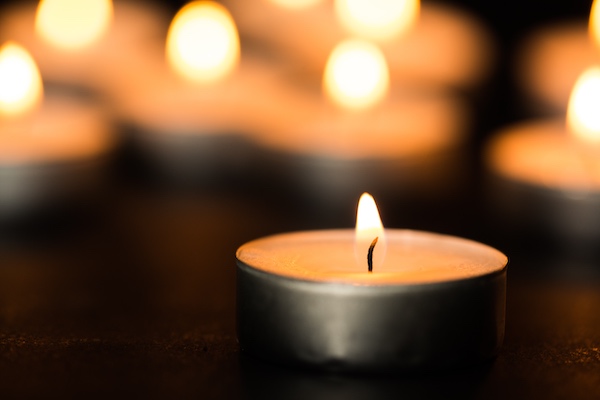A Guide for Physicians
and Other Healthcare Providers
Prayer in Medicine

Many physicians, nurses and other healthcare providers as well as patients believe in the healing power of prayer in medicine. Others, not so much.
Some of us are more religious than others. Some of us are more outgoing in expressing our religious beliefs. Others are religious, but introversive or more private about it. Some of us are just agnostic or atheistic.
Prayer can be a very comforting, compassionate way of soothing stress and anxiety in preparation for major surgery or in coping with a terminal situation.
What do we do or say when our patients want us to pray with them? Should we initiate the conversation and ask them if they would like to say a prayer before they go into surgery or before they start a round of chemotherapy? Should we ignore that aspect of their lives when it is so important to them and their families? What if we want to say a prayer with them, but they don't believe in prayer?
I don't think religion should be totally ignored by providers who are caring for patients, especially when those patients are confronting life or death situations, but I do not believe it should be pushed upon them if they are not open to it.
In the hospital setting, you could open the conversation with a simple question like, "Would you like to see a Chaplain or a Rabbi?" If the answer is "No", then you don't need to go any further.
In any setting, if you are comfortable praying with patients, you may ask, "Would you like me to pray with you about this?" Again, if the answer is "Not really", I would not push them any further on it. If you DO go on about it, it will fissure their relationship with you which is the worst thing that can happen at a time when they need the most support. Never impose your own religious beliefs on them unless they request it. You do not want to pressure them about this when they are already stressed about their medical situation. Nor would I bring it up to them later. If they want to discuss it later, let them bring it up. They already know you are open to it.
If you are not comfortable praying with patients, and if they ask you to pray with them, I would politely bow my head and pray with them but let them say the prayer, and you just say "Amen" afterwards. If you do not want to participate in prayer with them, simply excuse yourself and let them know that you will try to have a chaplain visit them, or in the outpatient setting, ask them to visit their personal minister or rabbi.
Never laugh at or disregard their request for prayer. It is obviously important to them if they have brought it up. Take it seriously and try to accommodate their request to the best of your ability, or get someone else who can help them with this.
Many people strongly believe in the healing power of prayer. Whether you personally believe in prayer or not, if the patient believes in it and if they are able to participate in it, the psychological benefit is tremendous. Depression, grief and anxiety can be partially alleviated by prayer in these patients and that definitely helps in healing, cooperation and compliance with your treatment program.


Disclaimer | Privacy Policy | Copyright | Sitemap | Contact | Comments










 On this day of giving thanks, I am reminded of all of those who have supported this site over the years. I welcome your comments, your guest articles, and your readership. I am deeply grateful for all…
On this day of giving thanks, I am reminded of all of those who have supported this site over the years. I welcome your comments, your guest articles, and your readership. I am deeply grateful for all…
